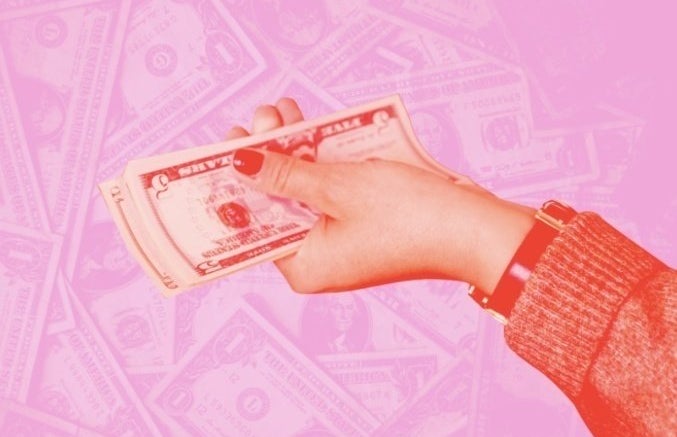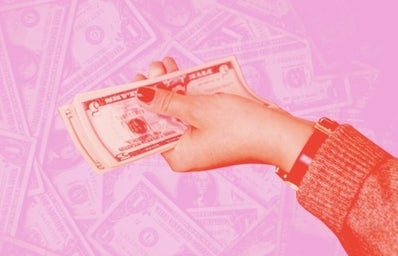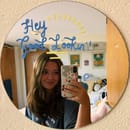As October approaches, colors like black, purple and orange fill the shelves in preparation for Halloween. But another color begins to dominate stores: pink.
October is Breast Cancer Awareness Month. It is a time to further efforts to fight for a cure and celebrate the stories of those affected.
However, some companies use this month to profit off of the experiences of breast cancer survivors.
The term “pinkwashing” was coined by Breast Cancer Action (BCAction) to describe the promotion of products by companies that claim to support breast cancer awareness but don’t maintain transparency about where the money raised from selling this merchandise goes.
“The lack of accountability and transparency in pink ribbon marketing is hugely problematic,” said Dr. Krystal Redman, executive director of BCAction. “Pink imagery is now one of the most widely recognized marketing tools for breast cancer, but it’s not regulated by any agency, and its use does not necessarily mean the associated product effectively combats the breast cancer crisis.”
It isn’t difficult for a company to release pink items or stick a pink ribbon on their packaging. But it is important to know if the companies are taking those proceeds and donating them to charity, or if they’re using breast cancer as a way to benefit themselves.
BCAction launched the Think Before You Pink campaign in order to promote thinking about where the money raised for breast cancer actually goes. There are four key questions the project urges people to ask themselves before they purchase pink ribbon products:
- Does any money go to support a breast cancer program? If so, how much?
- Which organization will get the money and how will they spend it?
- Is there a maximum donation cap and how will the consumer be able to tell when it has been met?
- Does the item you’re purchasing expose you or a loved one to toxins linked to breast cancer?
According to BCAction, the initiative’s goal is for “more transparency and accountability by companies that take part in breast cancer fundraising.” Though the 2022 campaign does not start until Oct. 1, the organization’s website has resources on how to debunk pink ribbon marketing.
BCAction is not the only organization working to shed light on this problem. The Breasties, a nonprofit organization, created the initiative PINK IS NOT THE PROBLEM to combat pinkwashing.
In a video highlighting their cause, the Breasties brought together people affected by breast cancer and asked them about their experiences with Breast Cancer Awareness Month.
“Everyone in the breast cancer community wants the same thing,” said Allie, a campaign participant who was diagnosed with breast cancer when she was 28. “We want to get rid of this disease. We want to help people who are affected by this disease. And the only way to do that is to support organizations that actually provide resources and programs to the community and who are supporting the research.”
Pinkwashing isn’t a term exclusive to Breast Cancer Awareness. Pinkwashing also refers to companies promoting LGBTQ-themed products during Pride Month in June without any substantial work toward benefiting the LGBTQ community.
In both cases of pinkwashing, companies exploit the stories of cancer survivors and LGBTQ individuals in order to make money.
As long as this kind of exploitative marketing remains unregulated, pinkwashing will persist. The best way to combat this practice is to look into which companies you support or donate directly to reputable charities.
While Breast Cancer Awareness Month and the pink ribbon are great tools for spreading awareness, awareness isn’t action. The only way to fight breast cancer is through research and advocacy, and pinkwashing prevents that goal from becoming a reality.


